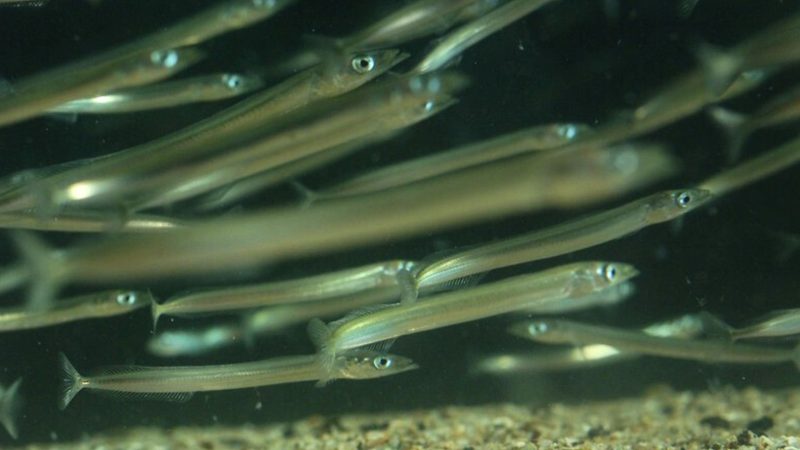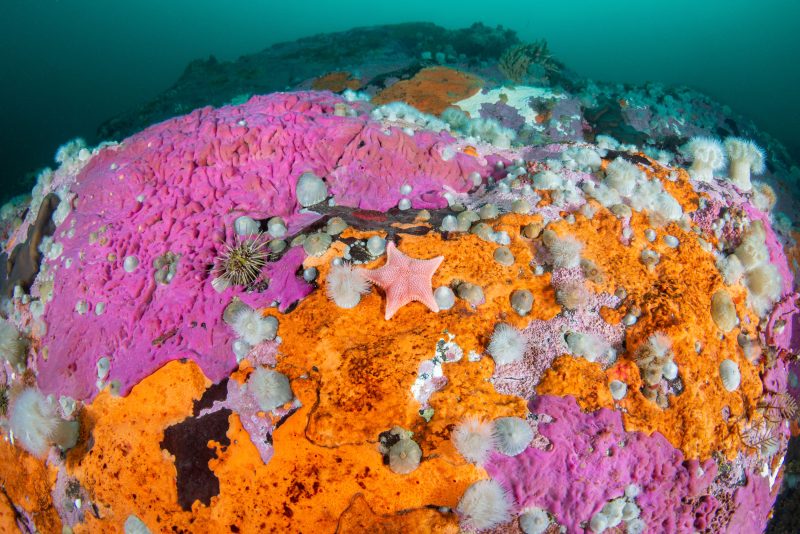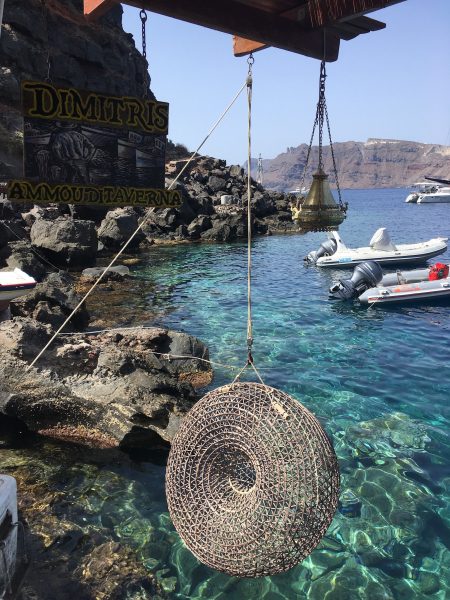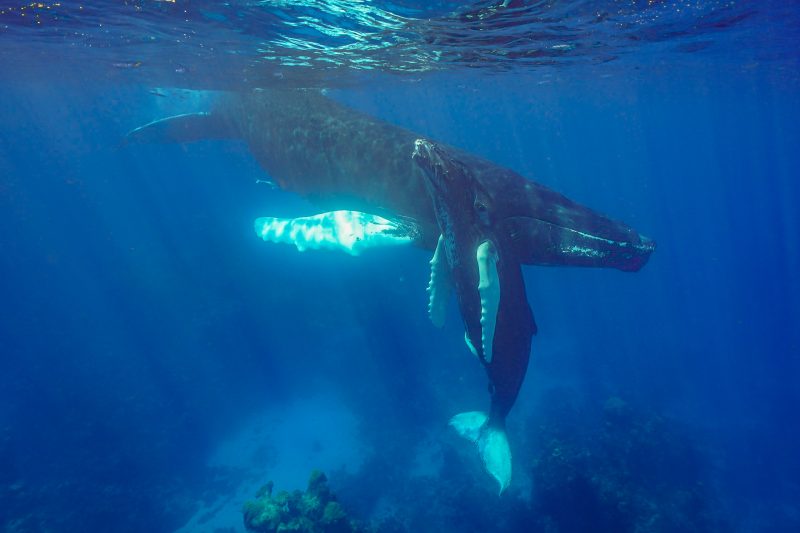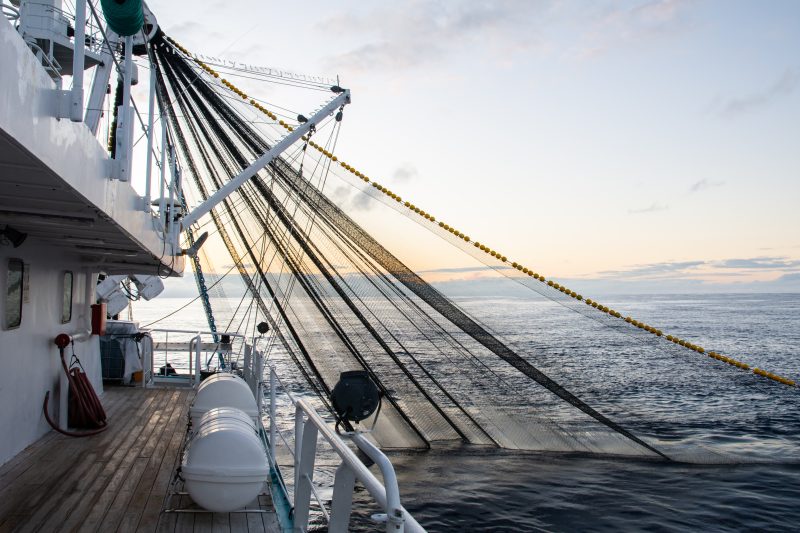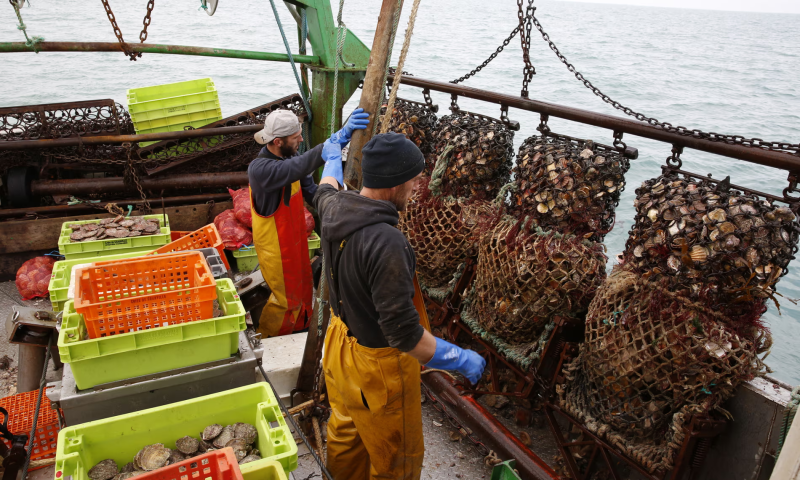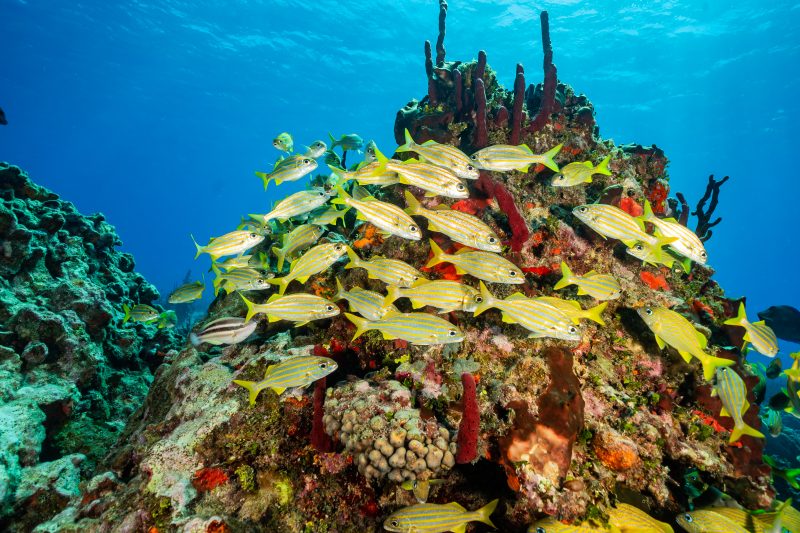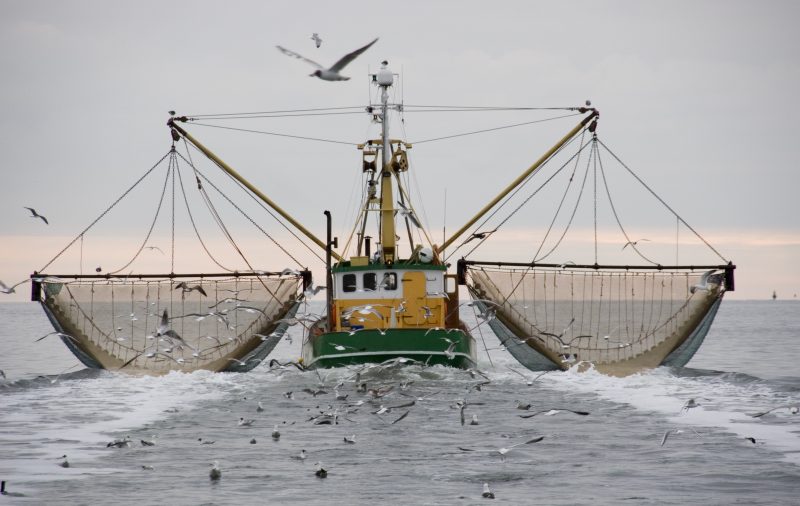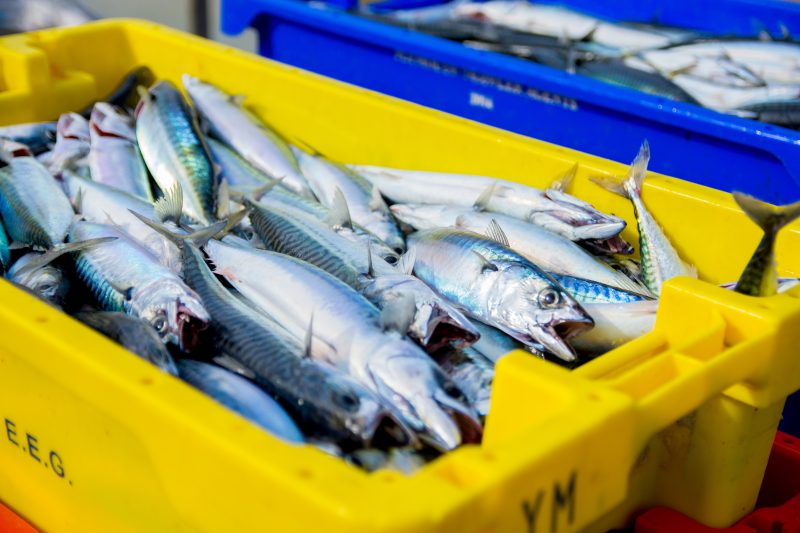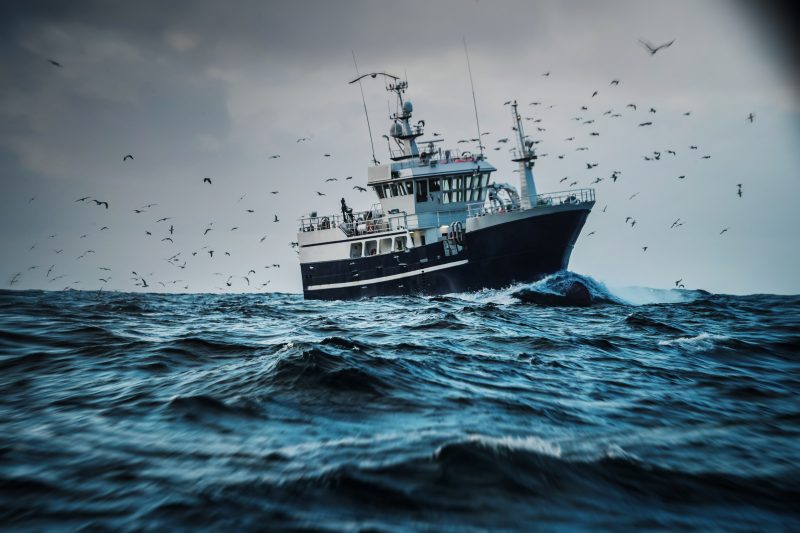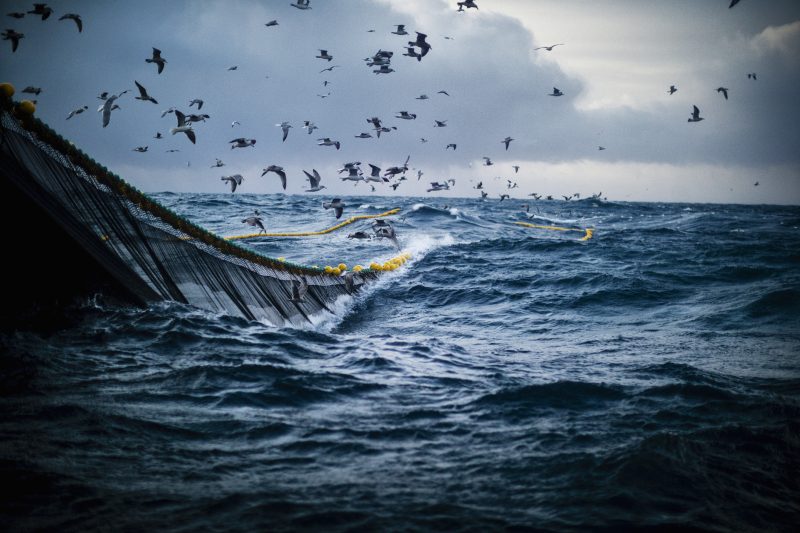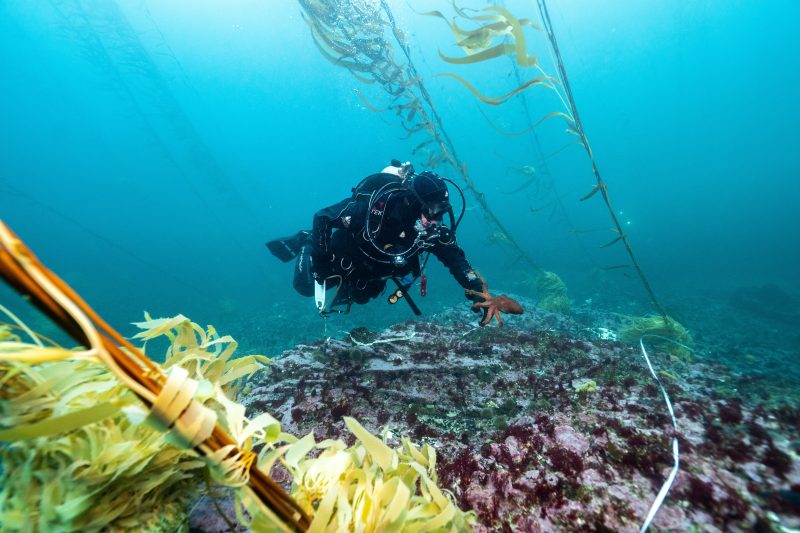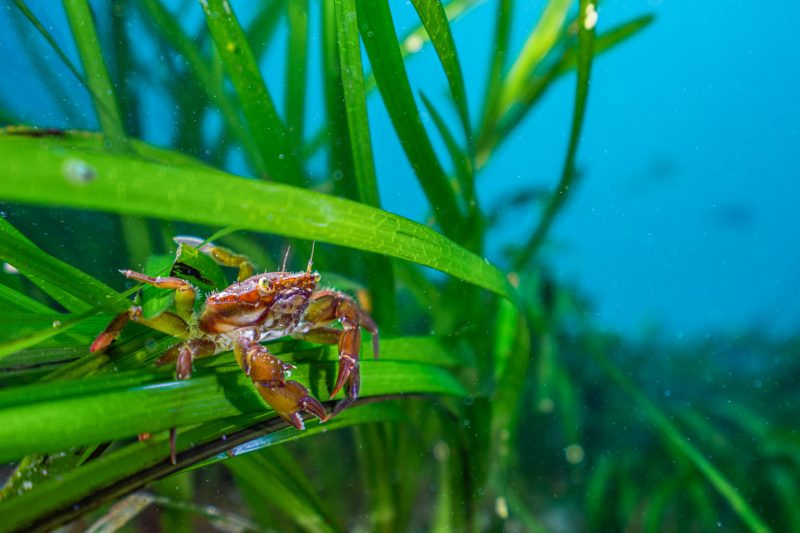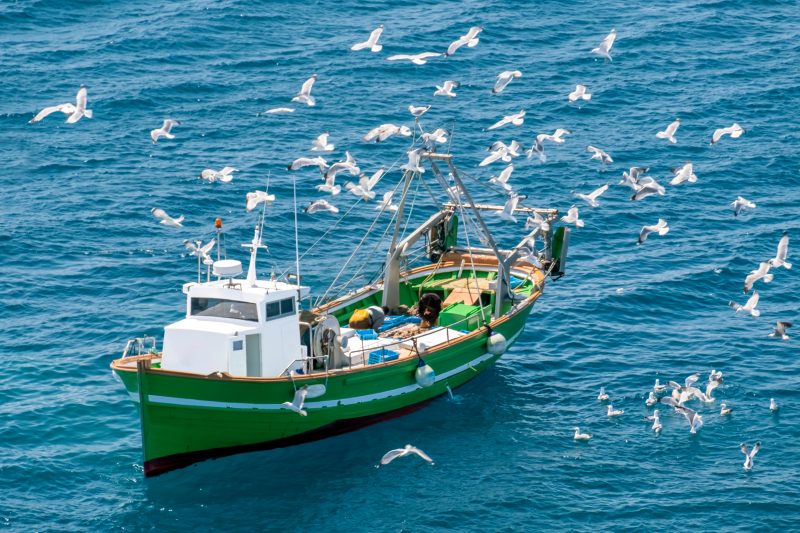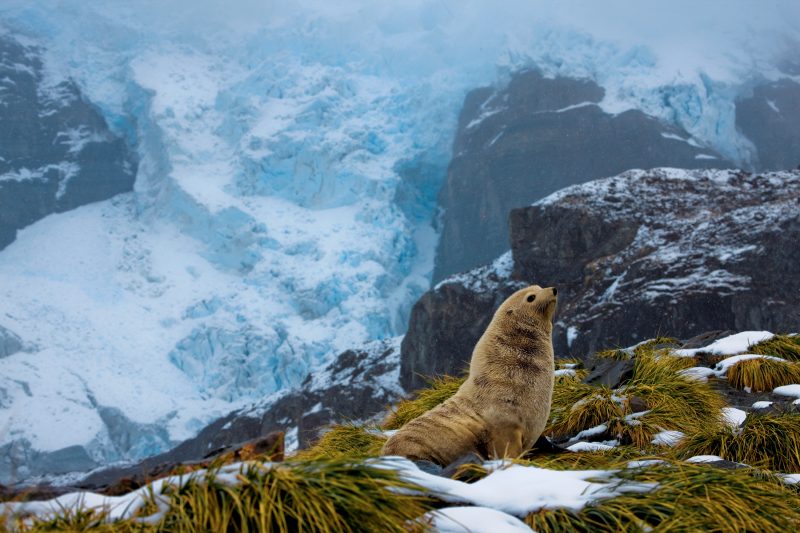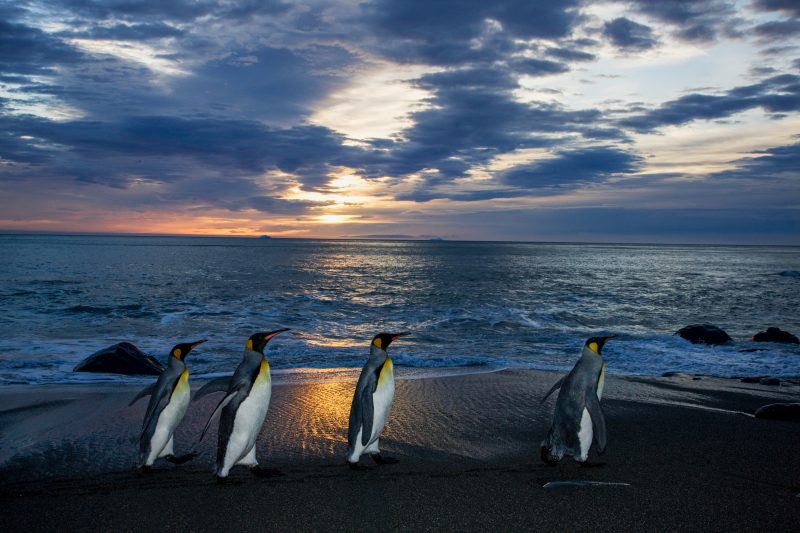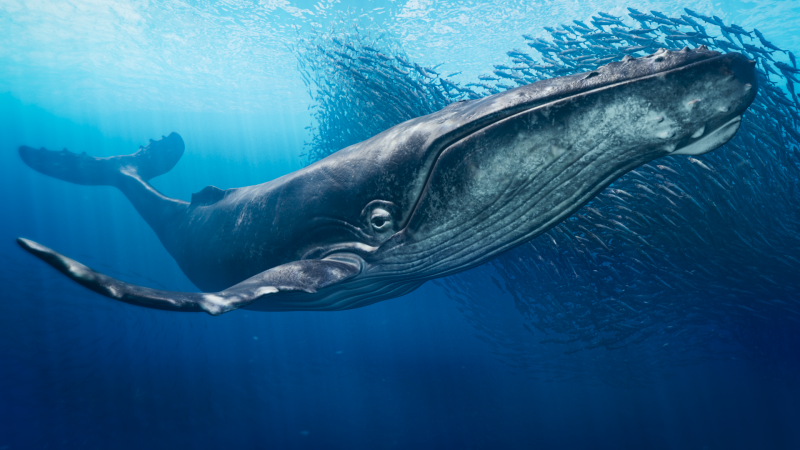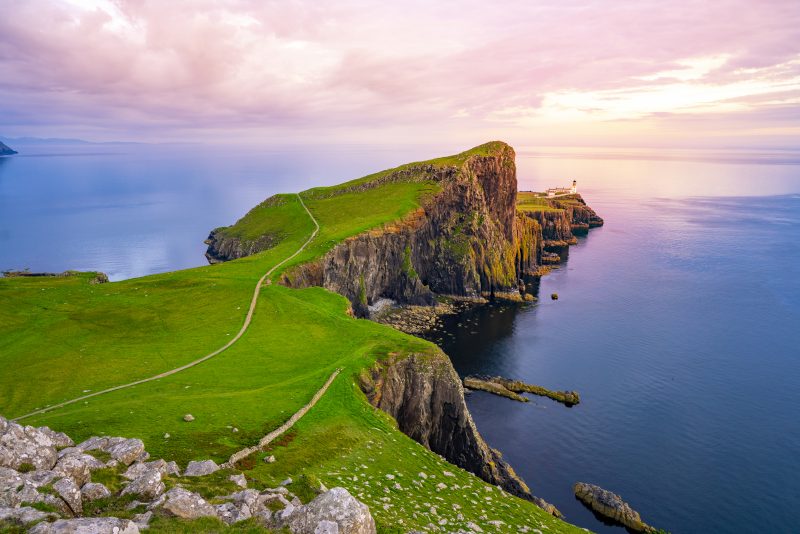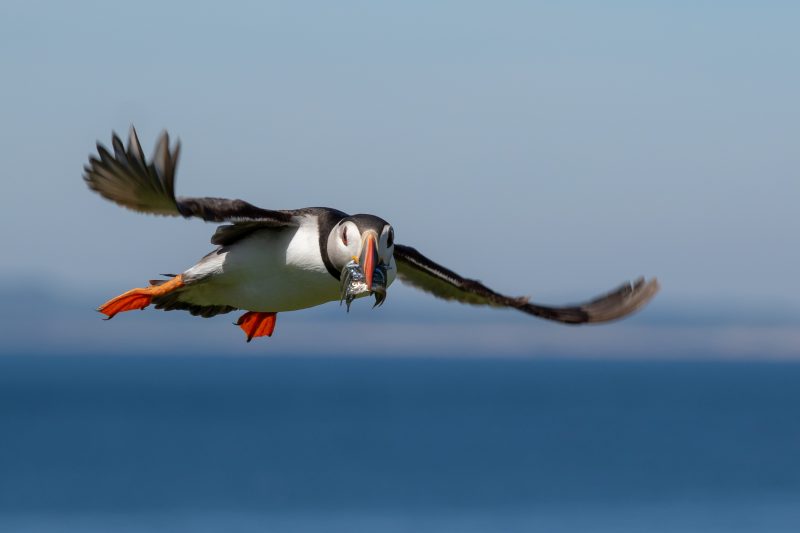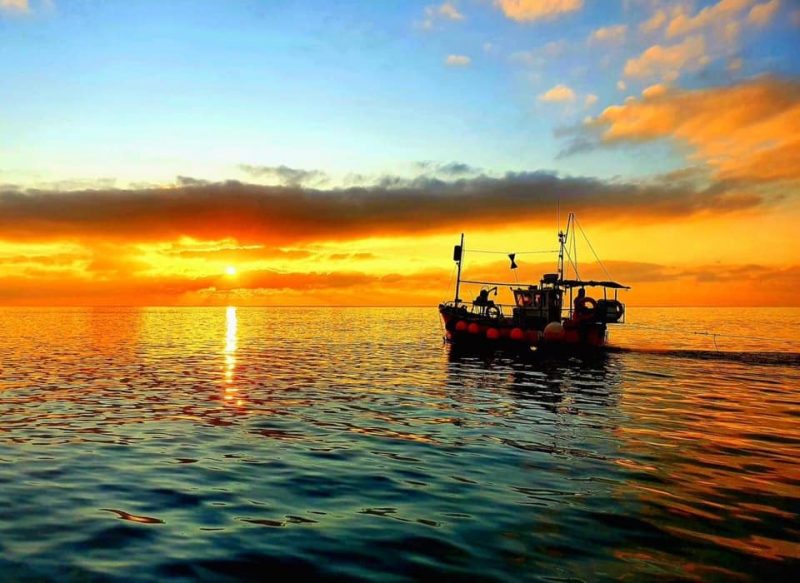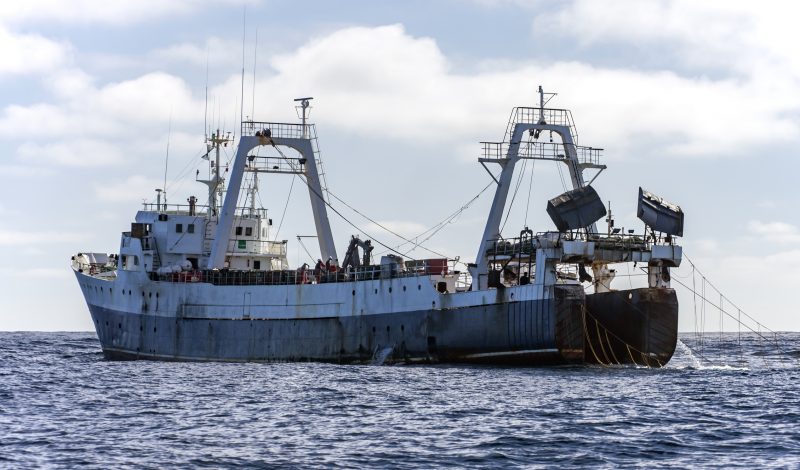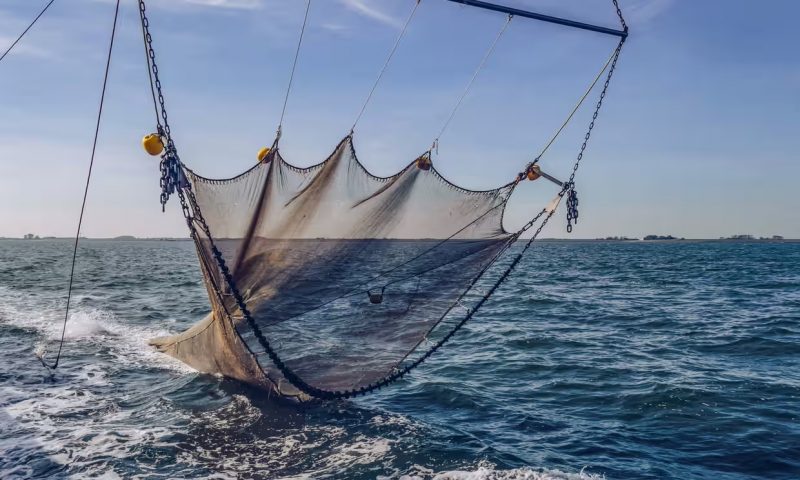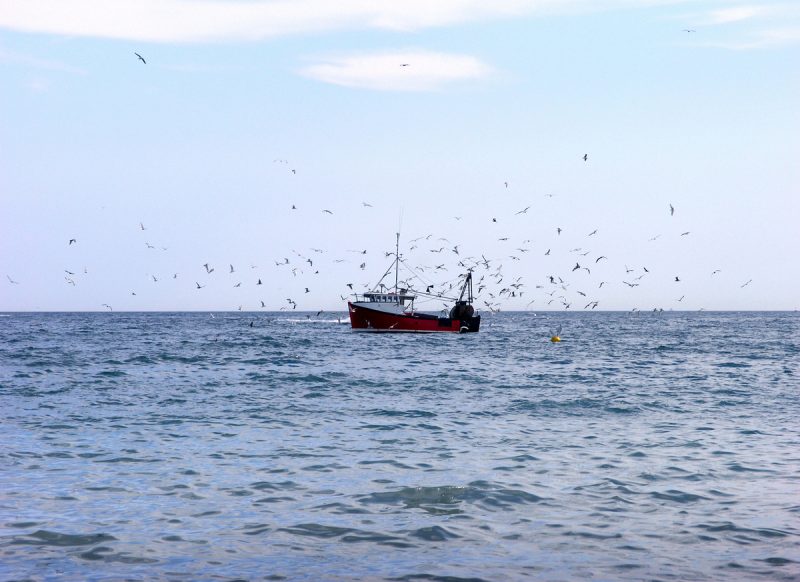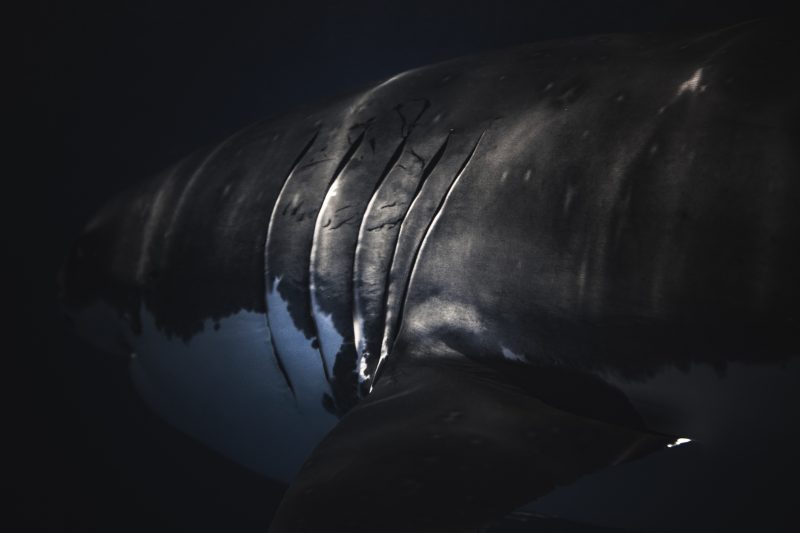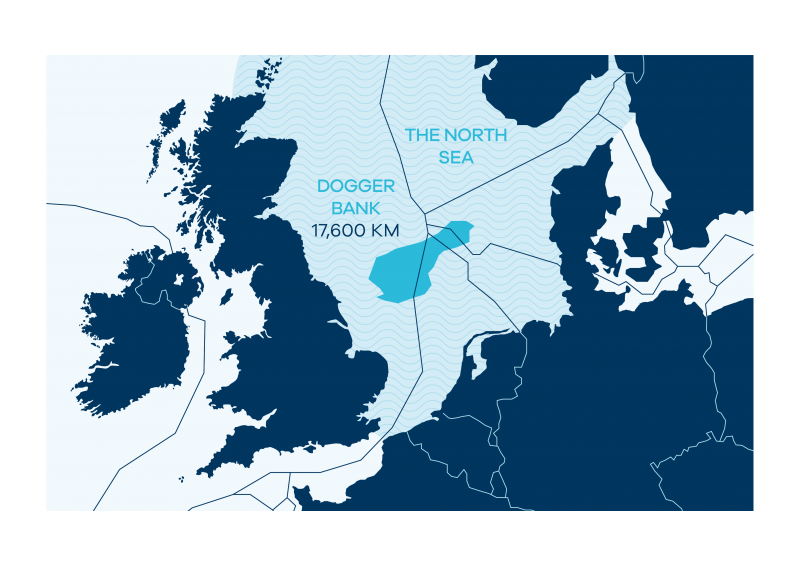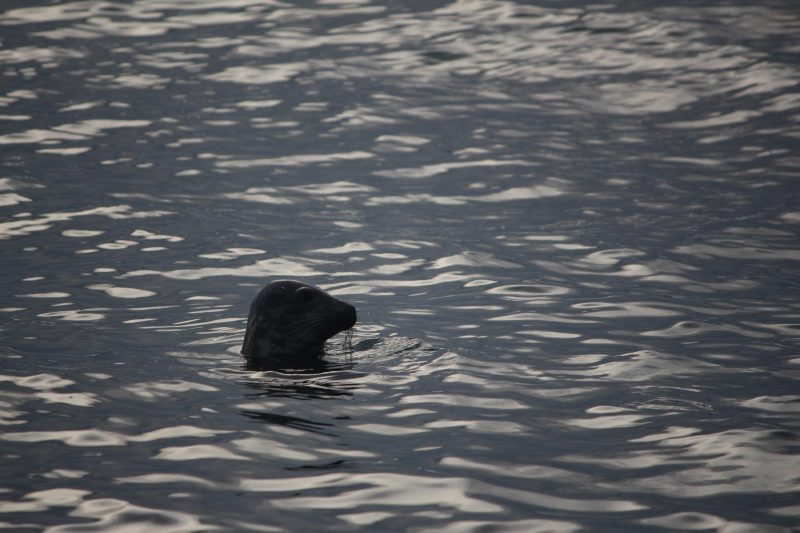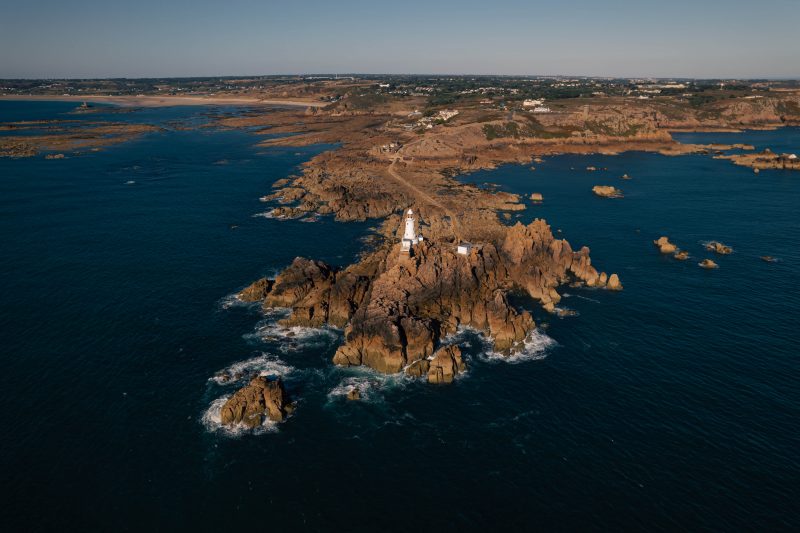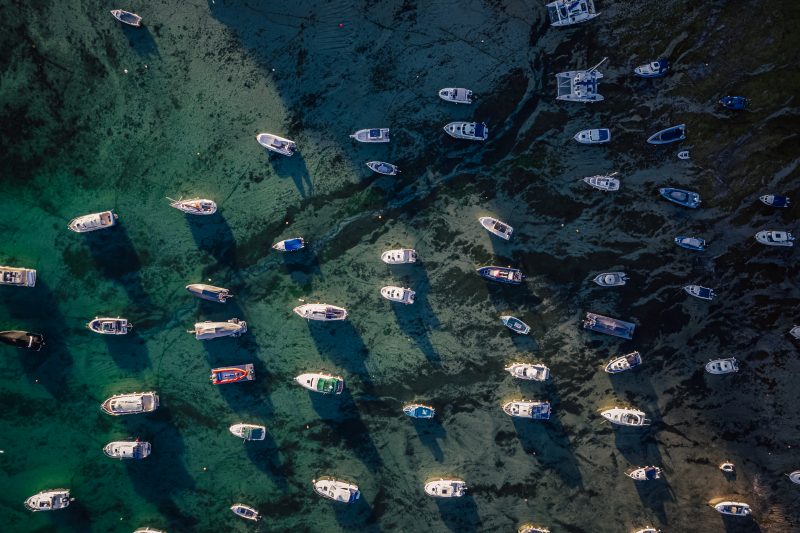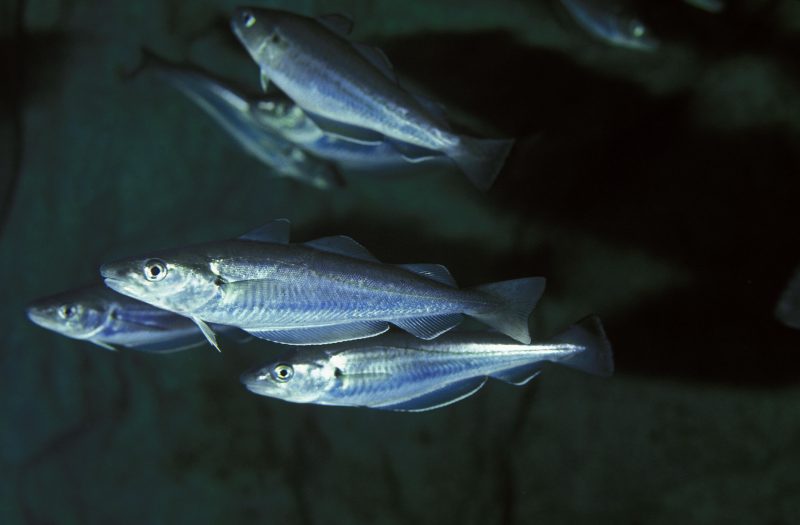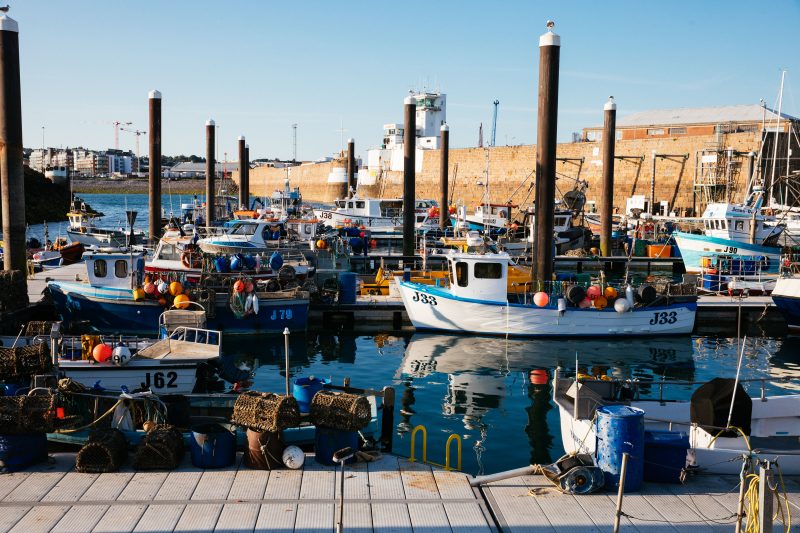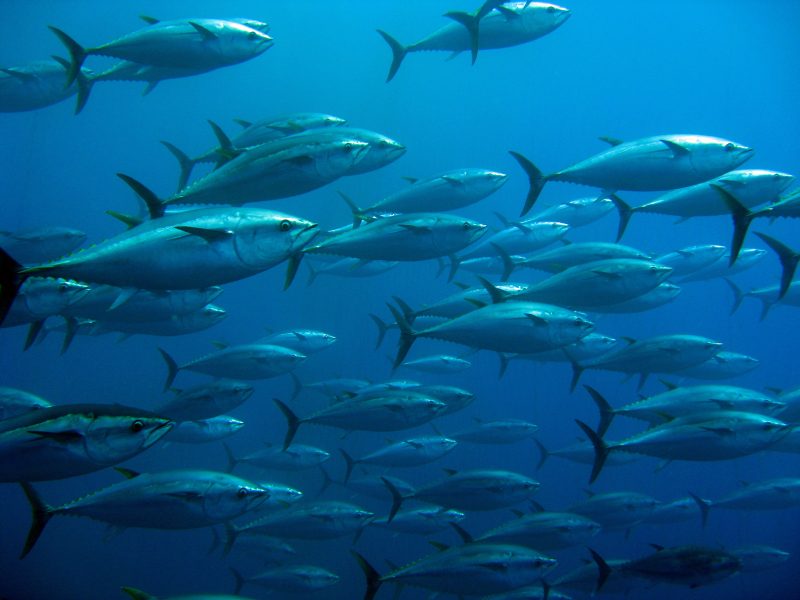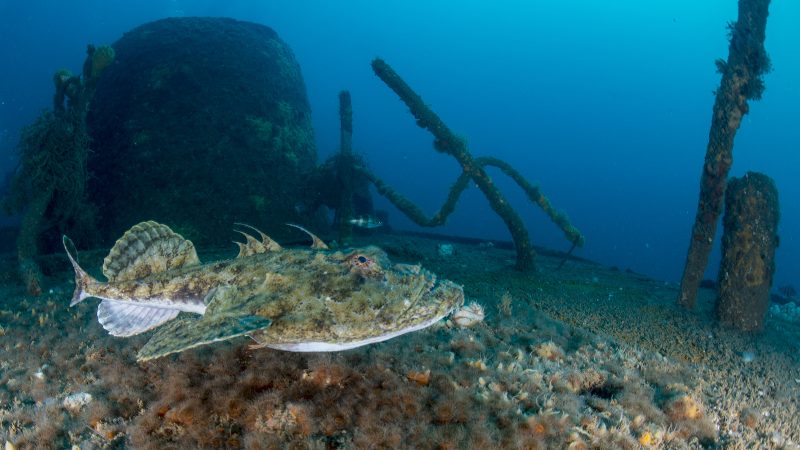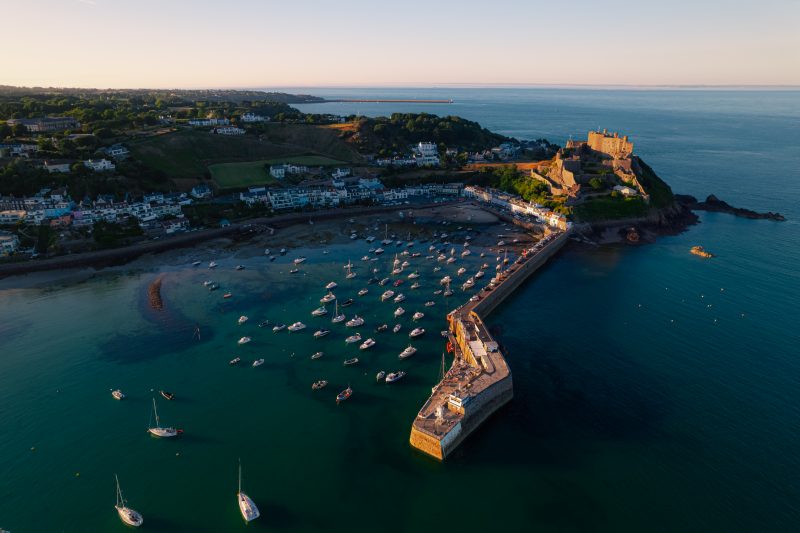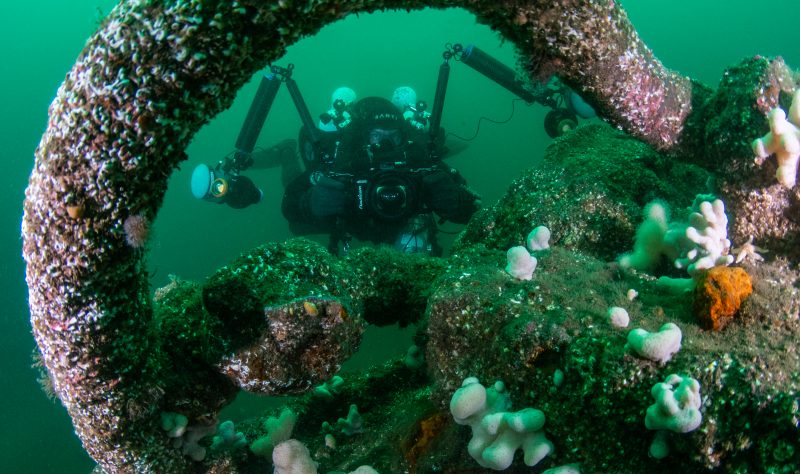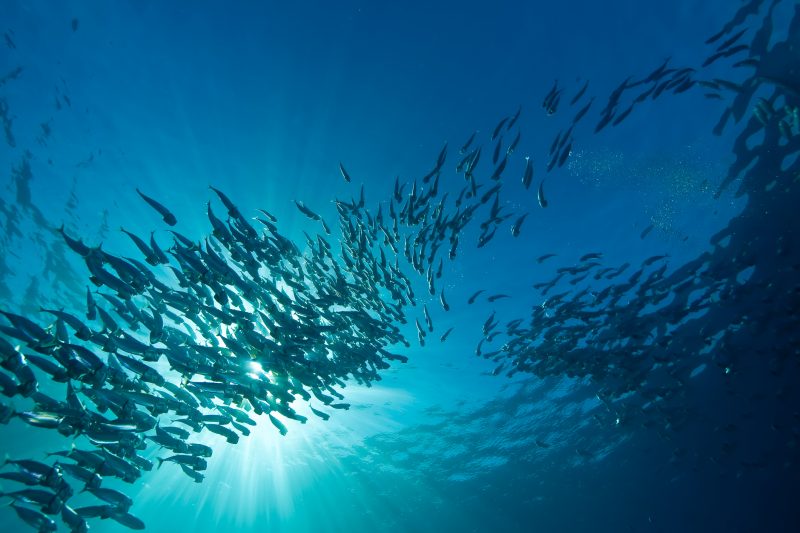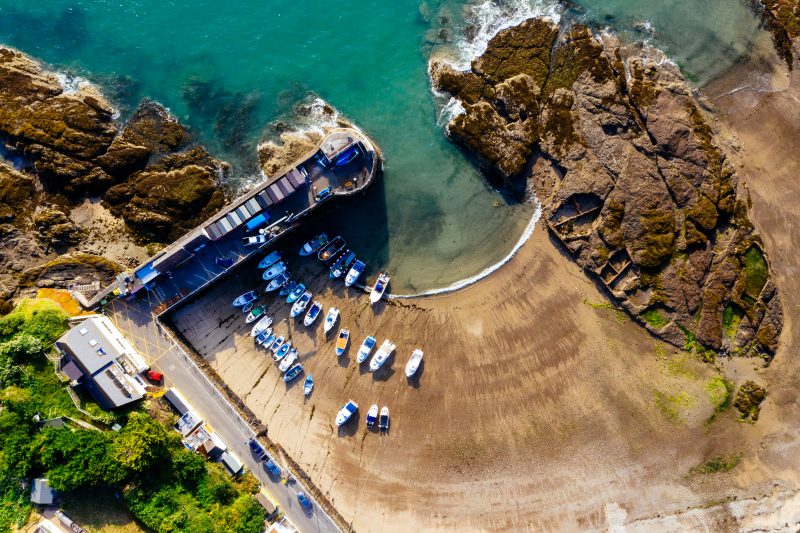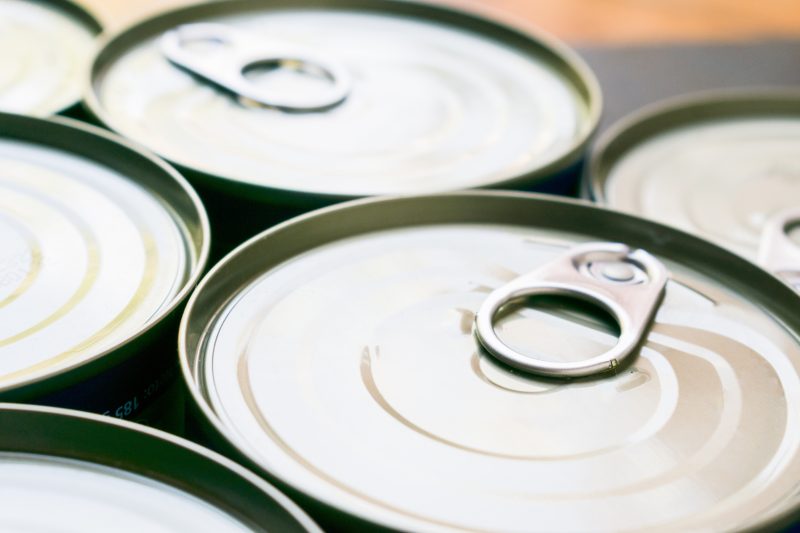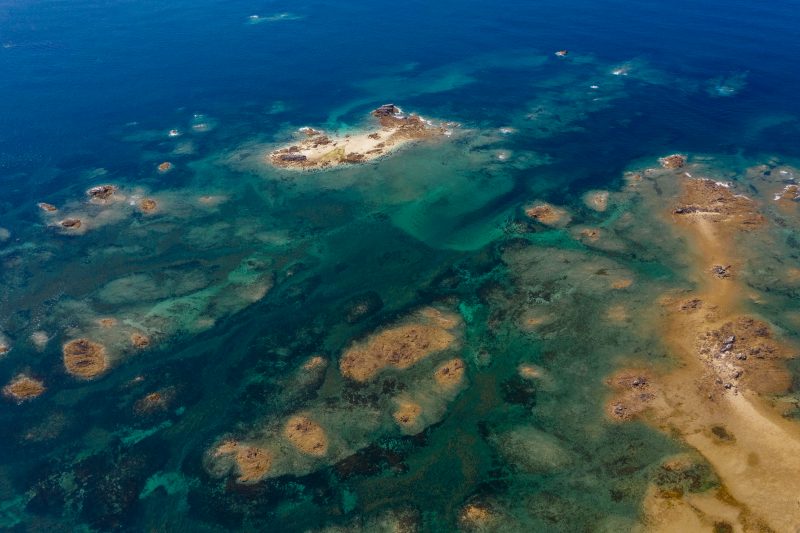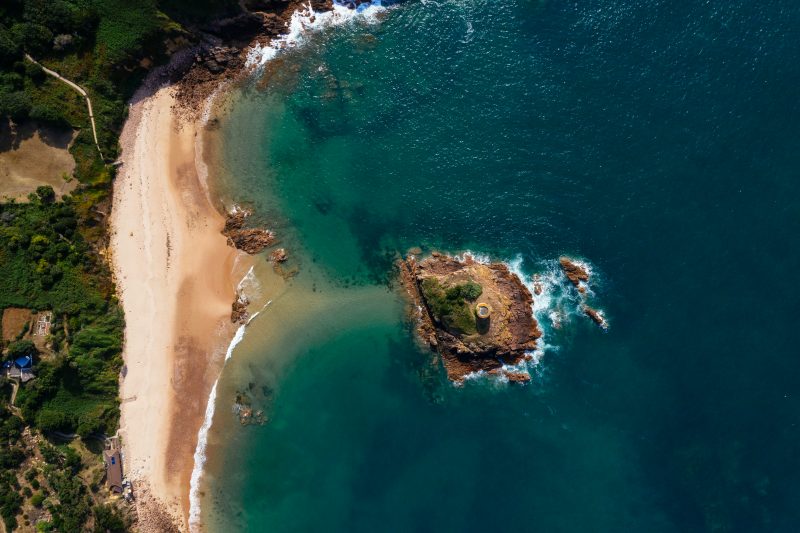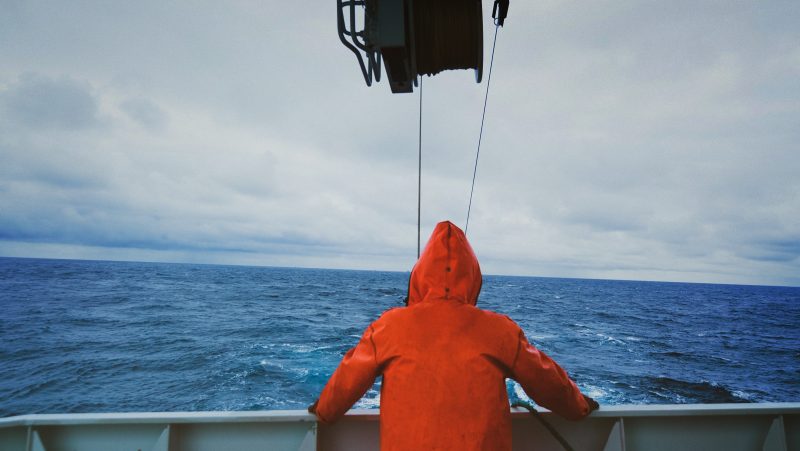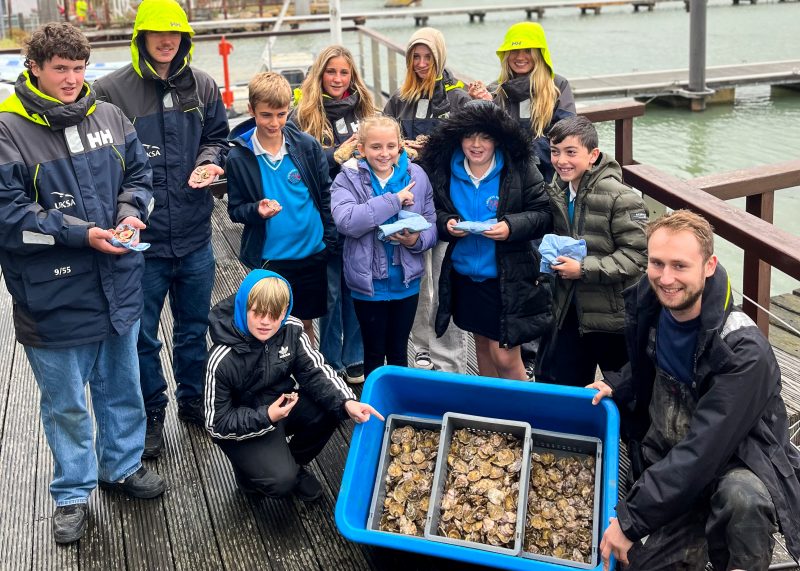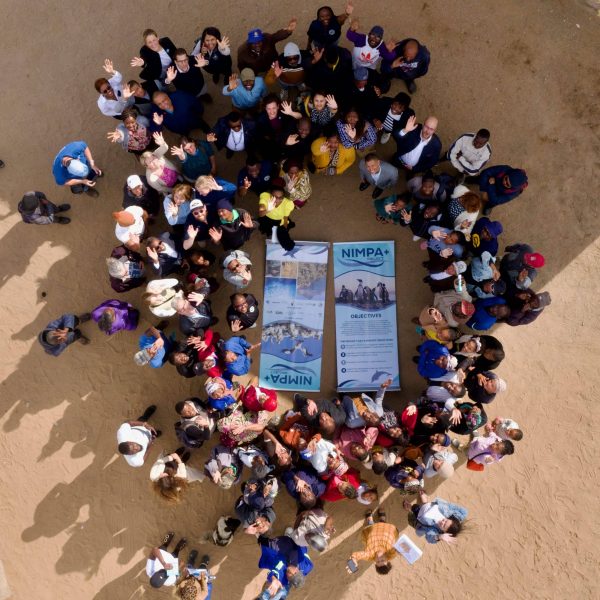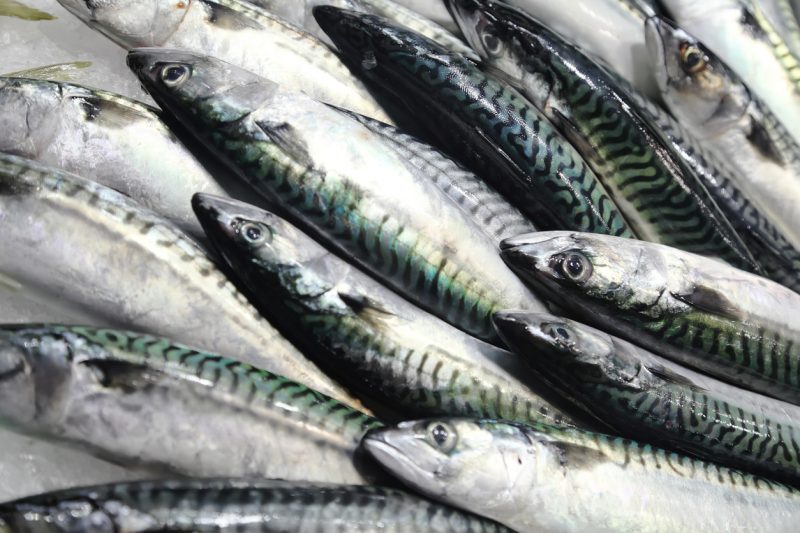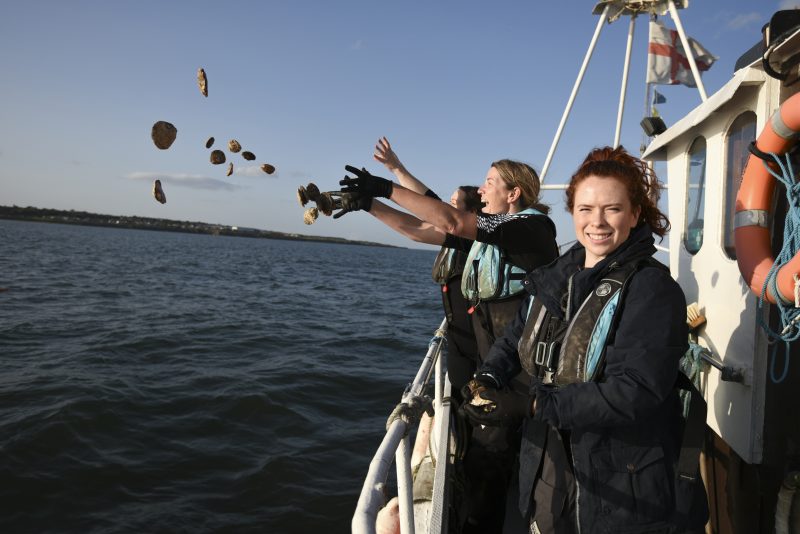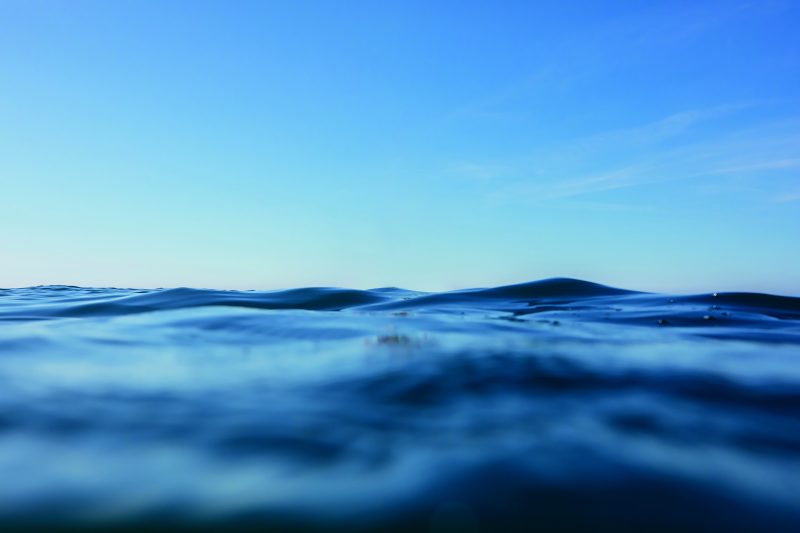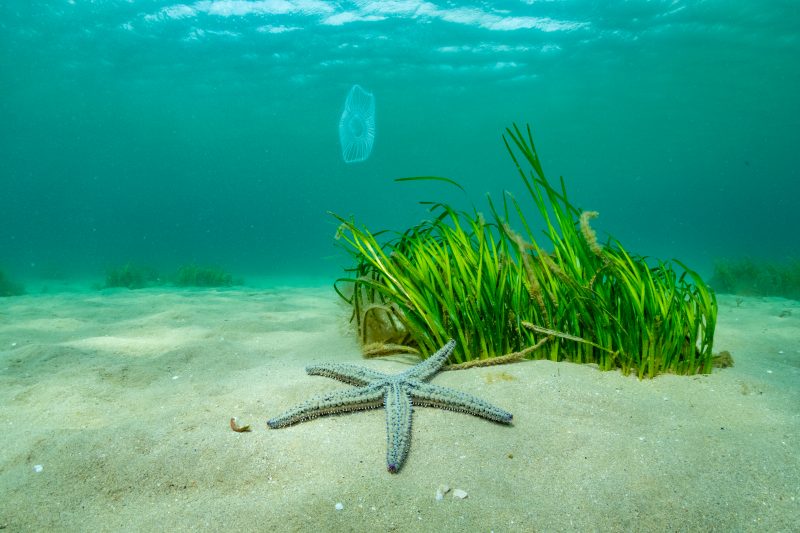We arrived a little after midnight to Malta, host of the fourth annual Our Ocean conference, to an impressive thunderstorm. The next morning was no more settled as thousands of delegates gathered at the Hilton in driving rain to hear Prince Charles open the conference. John Kerry, appearing at Our Ocean as an individual for the first time, said “to put it bluntly, it’s not going to do any good to have conferences based on words and speeches and not on pledges and forward movement.” After two action-packed days, the final tally was $8 billion offered from heads of state and industry to protect the ocean and head off numerous and interlinked threats – overfishing, high seas mismanagement, acidification, coral reef destruction, plastic, deep sea mining and a dozen others.
Representatives from global corporations were a growing feature of the conference for the first time, prompting Karmenu Vella (European Commissioner for Environment, Maritime Affairs and Fisheries) to state that “business has stepped up. The conference separates the walkers from the talkers.” And that much was clear, as countless pledges were issued beneath the vast video screens of the conference hall, across which seals and an occasional whale swam. Unilever pledged to make packaging reusable, recyclable or compostable by 2025. Marks & Spencer would make all plastic recyclable by 2022 and Procter & Gamble launched a liquid soap bottle made from recycled plastic – 10% collected from beaches.
Previous commitments were also not just words. Vella pointed out that almost 50% of the almost 300 commitments made at previous conferences have been fulfilled. This has protected some 3.8 million square miles of ocean in marine reserves. Walking the walk indeed. Some big pledges were made this year. Niue (a tiny South Pacific island) vowed to protect almost 50,000 square miles of ocean, nearly 40% of its EEZ. Chile announced three new marine reserves of 240,000 square miles, bringing the percentage of its EEZ under protection to almost 50%.
Kerry quoted Rachel Carson, writing almost 70 years ago, in one of the most moving speeches of the conference: “It is a curious situation that the sea from which life first arose should now be threatened by the activities of one form of that life. The sea, though changed in a sinister way, will continue to exist. The threat is rather to life itself.” Meanwhile Federica Mogherini, the high representative for foreign affairs and security policy at the EU, concluded that “Our ocean is bigger than any continent, yet it is not too big to fail. The health and safety of our ocean is a national security issue but it cannot be solved by any one nation.”
It is no bad thing for ocean conservation to come to the fore of the global agenda and to attract the attention of global business corporations who will play a critical role in shaping the future of our planet. If countries and businesses wish to compete with each other to protect ever greater areas of ocean, provided it is based on action rather than lip service, that is no bad thing. However, as National Geographic Explorer-in-residence Enric Sala clearly pointed out, still only 1.5% of ocean is fully protected. The brilliant, global optimism of Our Ocean must remain channelled into focused action if 10% by 2020 is to be achieved.

